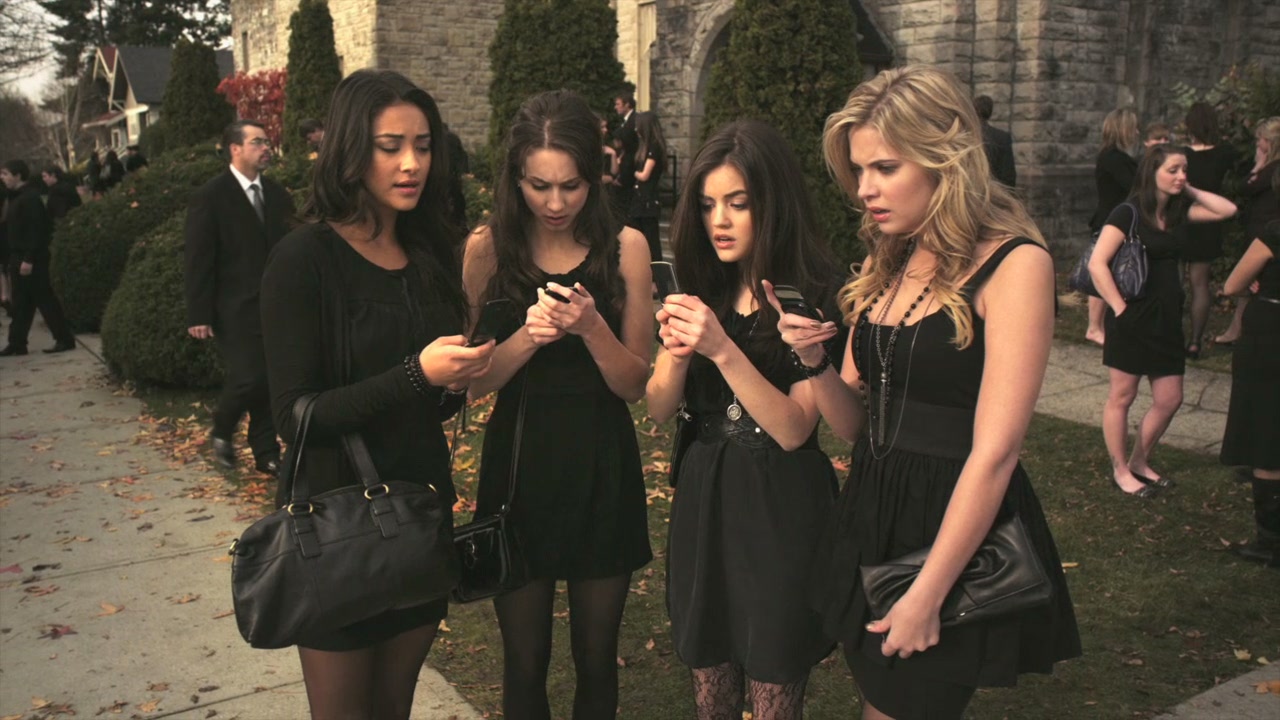Tribeca Review: Sons Of Perdition

The heartbreaking story at the center of Sons of Perdition is one that frequently appeared on the fringes of news stories about polygamist leader Warren Jeffs, whose 2007 conviction on charges of being an accomplice to child rape shed light on the strange world of the Fundamentalist Church of Jesus Christ of Latter-day Saints. A conservative fringe branch of the Mormon faith, the FLDS community mandates polygamy and absolute adherence to the commands of "prophet" Jeffs, meaning that young girls can be married off to men twice their age, or that families can be broken up because Jeffs took an interest in one of the wives, or a man "misbehaved" and was punished by having a wife taken away.
Any dissenters in this strict society, particularly male ones, are banished outside of the community and dubbed "sons of perdition," as filmmakers Tyler Measom and Jennilyn Merten explore in their fascinating documentary. Primarily focusing on three teenage exiles-- Joe, Bruce and Sam--who live together in a town about an hour away, the film explores both the boys' strange exhilaration at their freedom-- dyeing their hair ridiculous colors, drinking too much and doing some drugs-- and their pain at losing all contact with their families. All three grew up in Colorado City, Ariz., or as they call it "The Crick," a closely controlled society where the only subjects in school were religion and math, where nobody traveled outside of town and no outsiders came in, and where the world seemed no larger than the scrubby desert that surrounded them.
Left alone in the world following their decision to leave The Crick, the boys face a huge variety of challenges, from the basic paperwork needed to enroll in high school-- Sam at one point considers being adopted just for that privilege-- to their complete lack of knowledge about the world. Group homes exist specifically to take care of FLDS refugees, and local wealthy do-gooder Jeremy Johnson allows some of the boys to live in his home, but many of the boys and some girl exiles live together in ramshackle houses and apartment, making money by hanging drywall and having no sense of future for themselves whatsoever. All recount for the filmmakers memories of abuse at the hands of their parents, and all live in fear that Jeffs or one of the other FLDS leaders will retaliate against their families, particularly if any of the exiles are caught contacting their family members left in the community.
Unbowed by these threats, Joe frequently attempts to extricate his sisters and his mother from their home in The Crick, at one point executing a rescue mission that feels not unlike a scene from a heist movie. Nearly every time, though, they return, either through threats or pleads from the father, who is never seen onscreen. When one of the sisters does escape, she chops off her hair and adopts a flat, sarcastic voice, describing the oppressive culture for women in The Crick and, with some regrets, the children she left behind there. One night after drinking too much she falls to the floor sobbing and screaming, as one friend explains-- maybe a little melodramatically-- that drinking brings back flashes of her life at The Crick.
The filmmakers' decision to tell the story almost entirely from the point of view of the young exiles, with only sparing use of expert interviews or news footage, occasionally make Sons of Perdition feel a little too narrow. It would be useful to have a clearer explanation of Jeffs' rise to power and his rules for the society, not to mention how The Crick changed when Jeffs went to prison in 2007. But in another way it is refreshing that Sons of Perdition is not a screed against the FLDS society but a human story, finding three boys at an unimaginable turning point in their lives, and watching them as they find their way forward.
What goes largely unsaid in the film is that these boys are exiles mostly because they made a choice for another life; even without having ever left The Crick they all recognized that there had to be something better than the limited world they were raised in. There are no easy answers or pat happy endings at the end of the film, but simply knowing that Joe, Sam and Bruce are still out there, navigating a world they were raised to fear, is a strange kind of comfort. Imperfect but effective, Sons of Perdition is a story about unlikely heroes who chose to have hope.
Your Daily Blend of Entertainment News
Staff Writer at CinemaBlend

